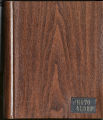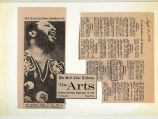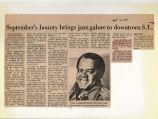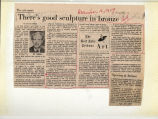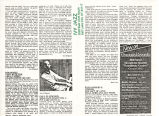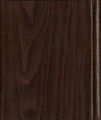Contents | 16 of 23
ellingson_A2_Page12a
| Title | Album 2 |
| Subject | Art |
| Creator | Ellingson, Paul |
| Format | application/pdf |
| Digitization Specifications | Scanned at 400ppi on Epson Expression 1640XL flatbed scanner, and saved as uncompressed TIFF. OCR generated with Abby FineReader 7.0. JPEG display images generated with PhotoShop CS. |
| ARK | ark:/87278/s6m044dn |
| Setname | uu_uap_ephemera |
| ID | 392255 |
| Reference URL | https://collections.lib.utah.edu/ark:/87278/s6m044dn |
Page Metadata
| Title | ellingson_A2_Page12a |
| Format | application/pdf |
| Identifier | 017_ellingson_A2_Page12a.jpg |
| Setname | uu_uap_ephemera |
| ID | 392247 |
| Reference URL | https://collections.lib.utah.edu/ark:/87278/s6m044dn/392247 |

